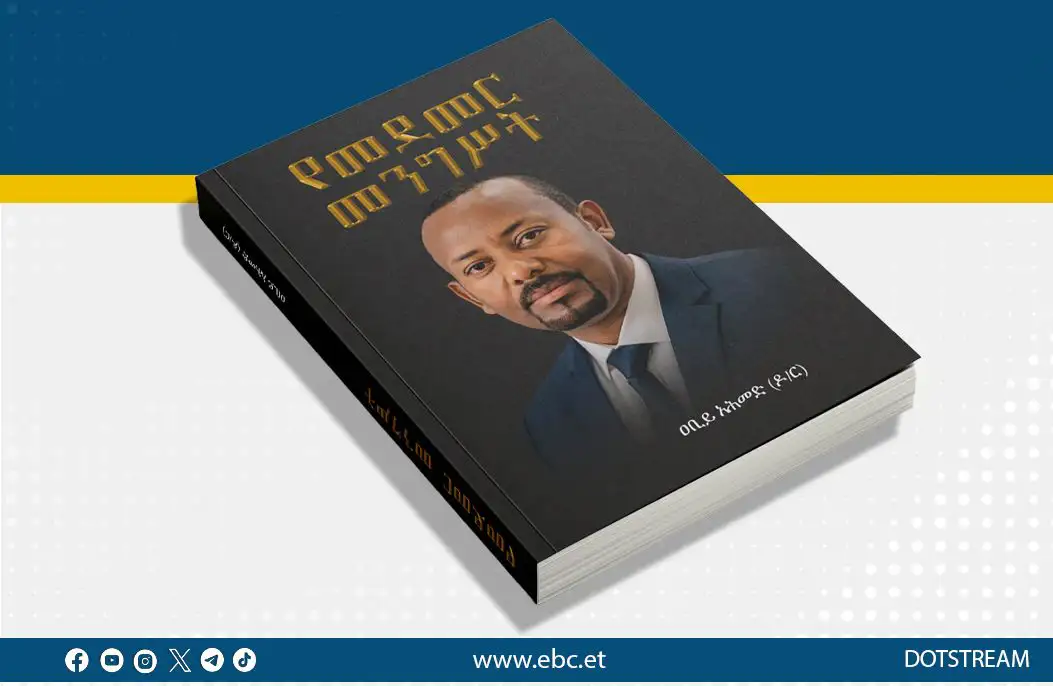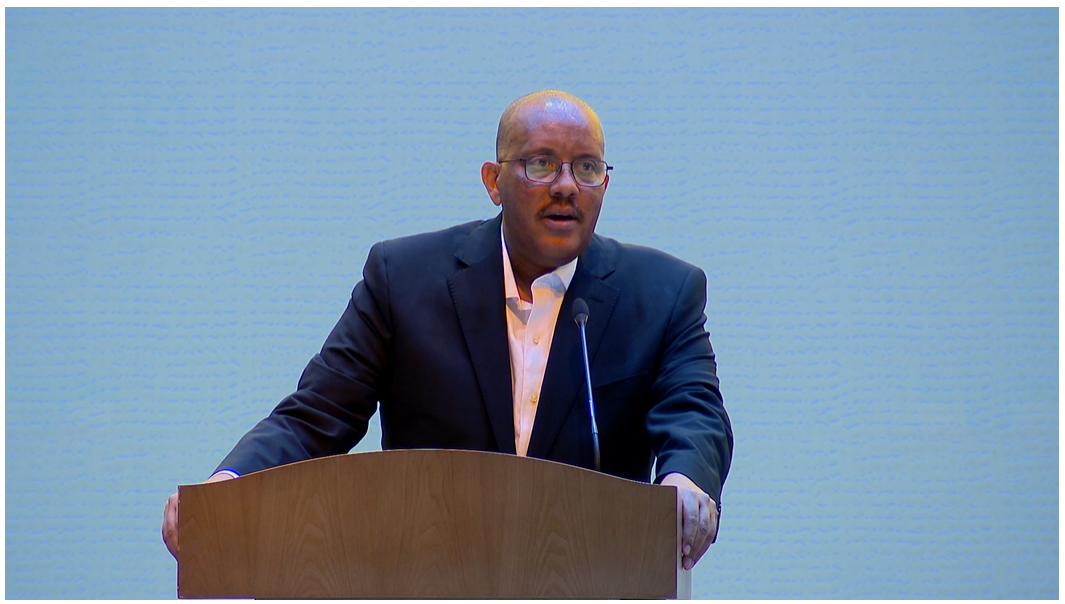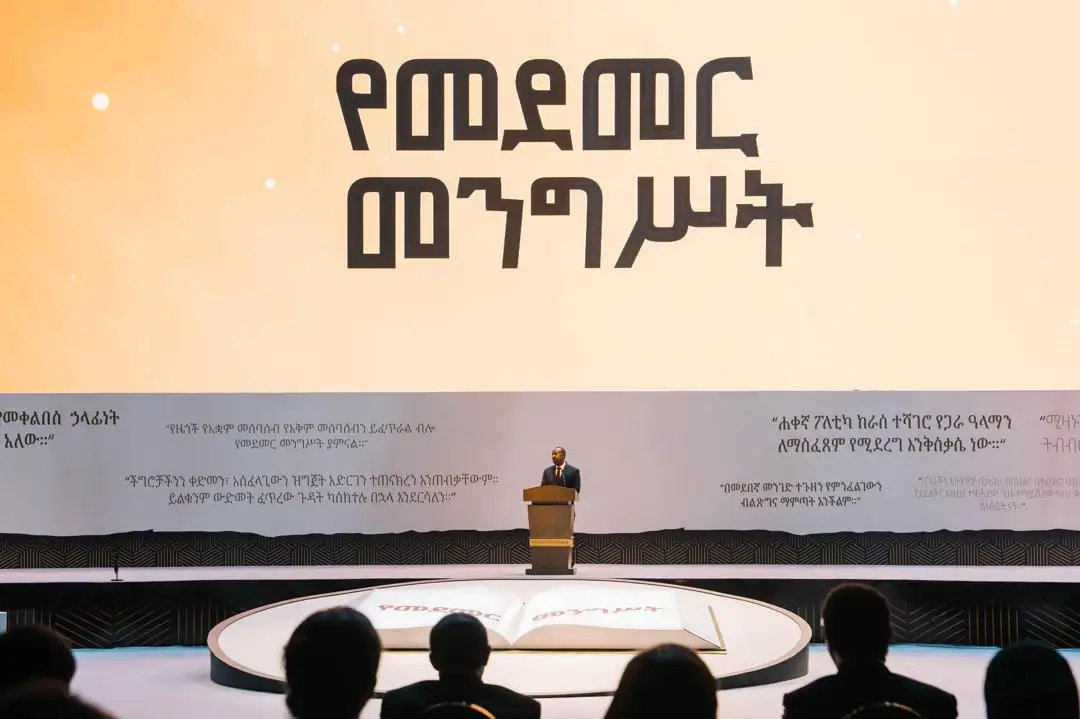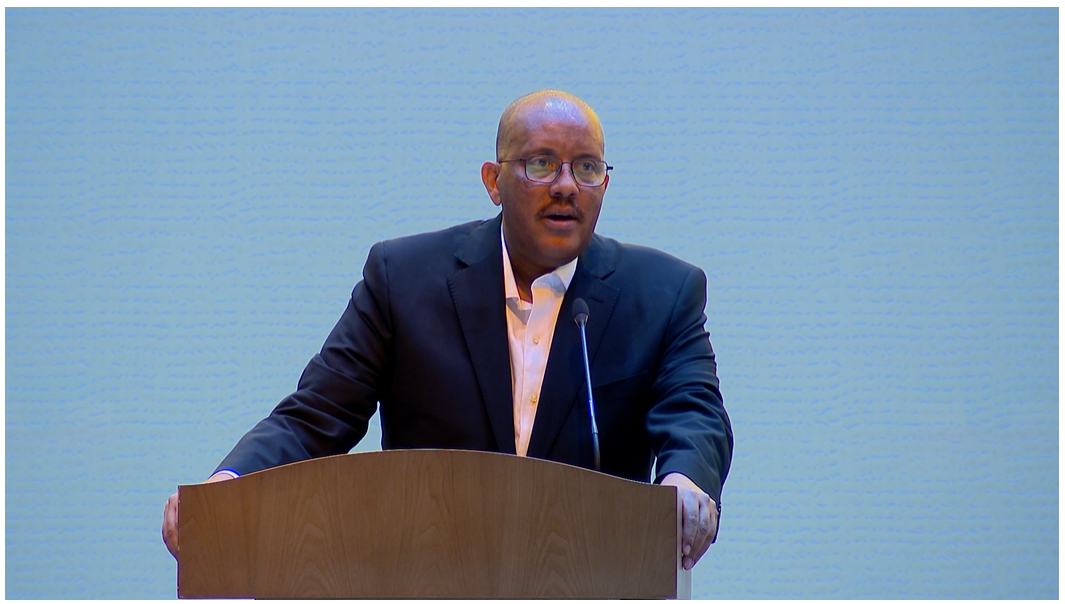Prime Minister Abiy Ahmed (Ph.D.) has posed a fundamental question to his countrymen: "Why is Ethiopia poor?"
The inquiry, he says, is the central theme of his book, "The Medemer Government," which aims to analyze the nation's past to find solutions for its future.
The Prime Minister framed the question not as a simple complaint but as a profound paradox. Ethiopia, he argued, possesses immense natural and historical wealth, making its state of poverty particularly distressing. He underscored that his book begins by exploring this very paradox: how did a land of pioneers and ancient civilization become defined by poverty?
He challenged his audience to reflect on a series of historical and economic ironies. A country that pioneered farming, he noted, now struggles with food security. A people with a long history of weaving their own clothes must now import them. And a nation once known for its traditional medicine now finds it difficult to produce modern pharmaceuticals.
The Prime Minister used the example of gold to illustrate his point. He said countries with the world's largest gold reserves often acquire the metal by purchasing it from nations like Ethiopia, while Ethiopia remains poor with its vast mineral wealth still underground.
The core of his message was a call to action. The Prime Minister urged Ethiopians to use their intellect to change their circumstances. He argued that the nation must not passively accept its poverty but actively work to change it by re-evaluating its approach to its abundant resources.






